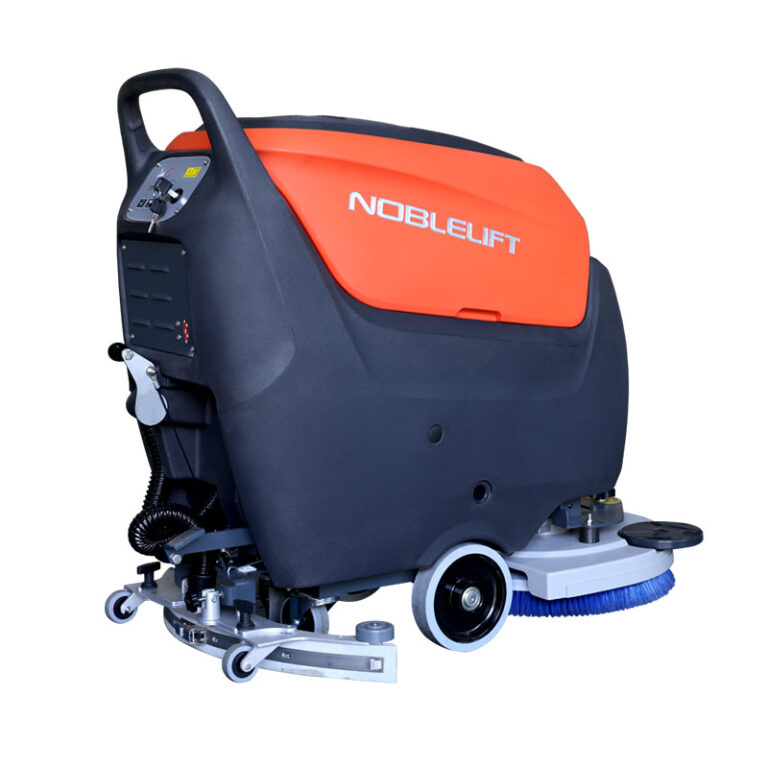How to Choose the Right Forklift Truck for Your Business
Selecting the right forklift truck is crucial for the seamless operation of your business. With a myriad of options available, making the right choice can be daunting. This guide will help you navigate the complexities and make an informed decision.
Assess Your Requirements
The first step in choosing the right forklift is to assess your specific needs. Consider the following factors:
 Forklifts Scrubber |china manufacturer Trade price on wholesale Scrubber truck material handling Sale Buy Online USA/UK/India/Australia/CANADA | ForkLift
Forklifts Scrubber |china manufacturer Trade price on wholesale Scrubber truck material handling Sale Buy Online USA/UK/India/Australia/CANADA | ForkLift
Warehouse Layout and Size: The dimensions and layout of your warehouse play a significant role in determining the type of forklift you need. Narrow aisles and high shelves require a forklift with excellent maneuverability and reach capabilities.
Load Capacity: Accurately determine the weight of your average load. This ensures that the forklift you choose has the necessary strength to handle your materials safely and efficiently.
Noise and Emissions: Depending on your warehouse’s location and emissions requirements, you may need to choose between electric and diesel forklifts. Electric forklifts are quieter and produce fewer emissions, making them ideal for indoor and urban environments. Diesel forklifts, on the other hand, offer more power and are suitable for outdoor applications.
Terrain: Consider the specific terrain of your warehouse. For indoor operations, cushion tires are suitable for smooth maneuverability, while pneumatic or solid tires are ideal for outdoor or rough terrain use.
Types of Forklifts
Understanding the different types of forklifts available can help you make a more informed decision:
Reach Truck: Ideal for warehouses with tall shelves, reach trucks have exceptional vertical reach capabilities, making them perfect for loading and unloading items from high pallets.
Counterbalance Forklift: This is the most common type of forklift, suitable for a wide range of applications. It has a weight at the back to counterbalance the load at the front, providing stability and ease of use.
Pallet Jack: Also known as a pallet truck, this type is ideal for moving pallets within a warehouse. It is smaller and more maneuverable than other forklifts, making it perfect for tight spaces.
Telehandler: This type of forklift is equipped with a telescopic boom, allowing it to reach high places and handle heavy loads. It is commonly used in construction and agriculture.
Safety and Compliance
Ensuring operator safety and compliance with regulations is paramount when choosing a forklift. Here are some tips:
Training: Ensure that all forklift operators are properly trained and certified. This not only ensures safety but also improves efficiency.
Maintenance: Regular maintenance of your forklift is essential to keep it in good working condition. This includes checking the brakes, tires, and hydraulic systems.
Safety Features: Look for forklifts with advanced safety features such as stability control, rearview cameras, and automatic braking systems.
Budget Considerations
While it is important to choose a forklift that meets your needs, it is also essential to consider your budget. Here are some tips to help you stay within your budget:
New vs. Used: Decide whether you need a new forklift or if a used one will suffice. Used forklifts can be a cost-effective option, but ensure they are in good condition and come with a warranty.
Leasing Options: If purchasing a forklift outright is not feasible, consider leasing options. Leasing can provide flexibility and reduce upfront costs.
Total Cost of Ownership: Consider the total cost of ownership, including maintenance, fuel, and insurance. A cheaper forklift may have higher operating costs in the long run.
Conclusion
Choosing the right forklift truck for your business involves careful consideration of various factors, including your warehouse layout, load capacity, noise and emissions, terrain, and budget. By thoroughly evaluating these criteria, you can ensure that the forklift you choose aligns with the unique demands of your business, contributing to its overall efficiency and productivity.
